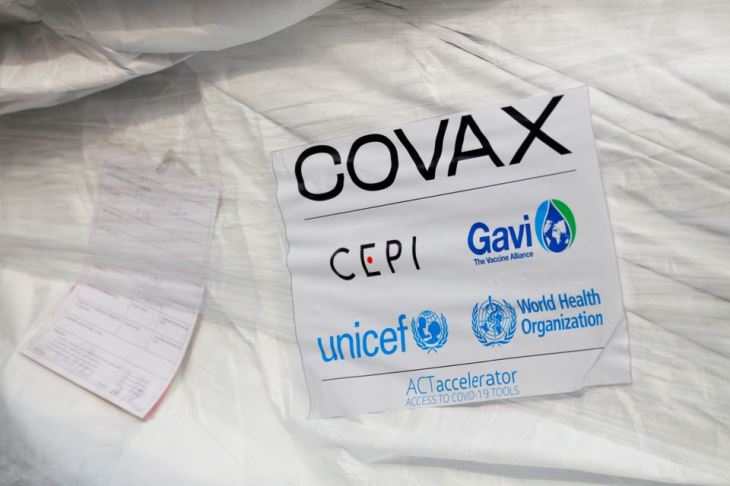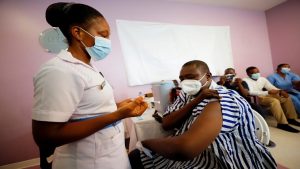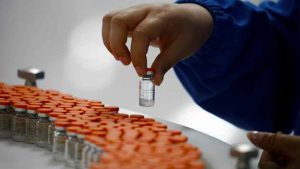More than half of poorer countries receiving doses via the COVAX vaccine-sharing programme do not have enough supplies to continue, an official from the World Health Organisation, which co-runs it said on Monday.
“I would say of the 80 AMC countries at least well over half of them would not have sufficient vaccine to be able to sustain their programmes right now,” WHO senior adviser Bruce Aylward told a briefing, referring to an advance market commitment to low and middle-income countries, saying the actual portion was probably “much higher”.
Some of them had completely run out, he added.
The shortages, caused partly by manufacturing delays and Indian supply disruptions, come as cases and deaths increase across Africa as part of the third wave of infections.
WHO to establish hub to produce vaccines in SA
The World Health Organisation has selected South Africa to establish the first mRNA technology transfer hub.
This is to boost vaccine manufacturing abilities in the region, as Africa continues to struggle in vaccine procurement.
More than 50 proposals were submitted to the WHO by companies offering to transfer technology, knowledge and skills for the mRNA hubs. The global body says it will work with the Africa Centre for Disease Control to set up the guidelines and guidance for the project aimed at increasing vaccine manufacturing capacity.
President Cyril Ramaphosa says this will help change the continent’s image and promote self-reliance.
“Today marks an important move towards the achievement of one of the critical objectives of the African Unions Agenda 2063, the Africa we want. The ability to manufacture vaccines, medicines and other health-related commodities will help put Africa on a path to self-determination. Through this initiative and others, we will change the narrative of an Africa that is a centre of disease and poor development. We will create a narrative that celebrates our successes in reducing the burden of disease and advancing self-reliance, also advancing sustainable development.”






